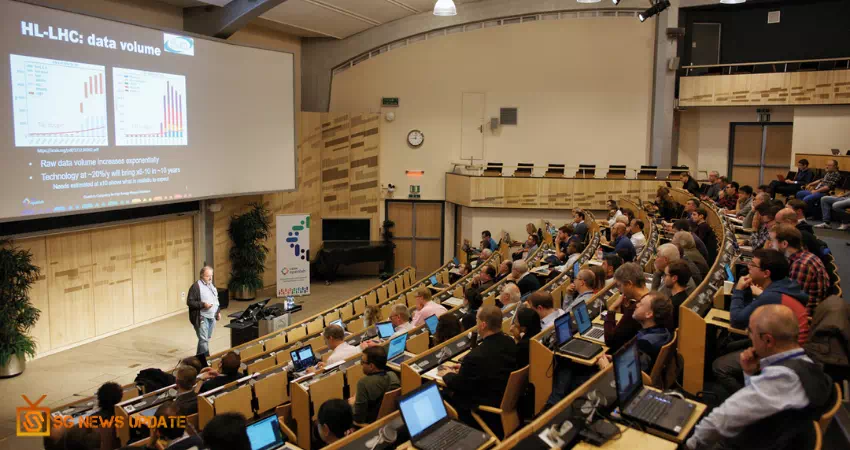
CERN is leading a free online seminar on the fundamentals of quantum computing that can be taken by anyone who is intrigued to find out about the subject. A progression of week by week addresses regarding the subject will be communicated through webcast beginning from 6 November 2020. New lectures conveyed by Elias Fernandez-Combarro Alvarez, a partner teacher in the Computer Science Department at the University of Oviedo in Spain since 2009 and a collaboration partner at CERN, will be communicated on each Friday for the following seven weeks.
CERN – the European Organization for Nuclear Research, home to the Large Hadron Collider (LHC) and origin of the global web – is commencing the week after week address arrangement on Friday, November 6 at 10:30am CET. The discussions are being held each Friday simultaneously for the following seven weeks through to Friday, December 18.
The discussions will zero in on the reasonable parts of quantum computing and are coordinated by CERN openlab and the CERN Quantum Technology Initiative. There are no essentials to take the course, and even members with no information on quantum physics can take the course. Nonetheless, a decent order of fundamental direct variable-based math is required. While some experience with the Python programming language would be useful, it isn't compulsory.
The goal of quantum computing research is to discover a means of expediting the execution of long waves of instructions. Such a means would exploit an observed phenomenon of quantum mechanics that, when you write it down on paper, doesn't appear to make sense.
A quantum computer is -- or, perhaps more accurately phrased, would be -- a wholly different order of mechanism than anything the human species has ever constructed. Today, there are working machines that perform some small part of what a full quantum computer may eventually do. Depending upon whom you ask, these are either quantum computing prototypes or "prologues" -- stepping stones toward the real thing.
The primary lecture offers a prologue to the IBM Quantum Experience, IBM's interface for getting to its genuine supercomputers. It additionally covers what quantum figuring is, utilizations of quantum computing, and the equipment and programming for quantum registering. The second lecture covers one-and two-qubit frameworks, including BB84, no good entryways, and the CHSH game. The third proceeds onward to quantum teleportation, superdense coding, and the Deutsch quantum calculation.
The fifth talk offers a prologue to D-Wave Leap, the Canadian organization's quantum processor that it's offering to organizations like Volkswagen as a cloud administration. Talk six offers a prologue to quantum AI, while the last talk will ask what 'quantum matchless quality' is.
Coming Soon...!
Comments (0)